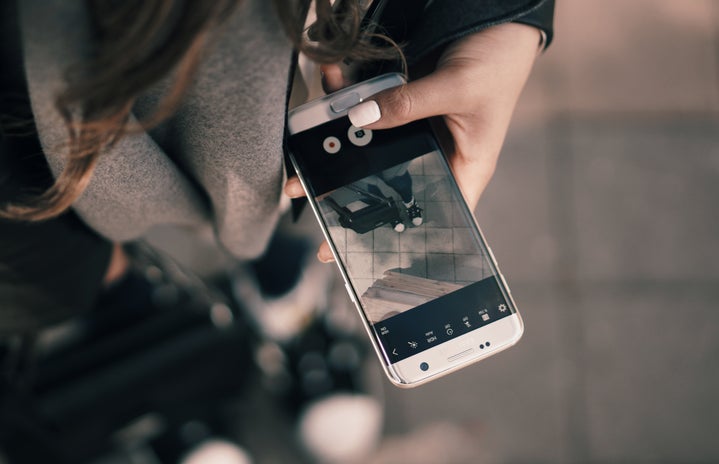Two weeks ago Instagram announced that it would begin launching its trial of hiding likes on photos and videos in the United States. The app’s CEO Adam Mosseri stated at the 2019 Wired25 conference that this decision to conceal these interactions stems from the company’s increased emphasis on users’ mental health and to “focus on connecting with people that they love, things that inspire them.” Though Instagram’s removal of likes from posted content seems like an admirable action, it remains an ineffective and unsubstantial attempt to tackle the app’s greater issues. Instagram’s sudden concern with wellness arises in part from the UK’s Royal Society for Public Health’s 2017 study that named the platform as the most harmful social networking app for young people’s mental health.
Simply hiding a number associated with a photo on screen will not eradicate the competitive nature of the platform that generates negative feelings amongst users. Even if a person scrolling through their feed does not see the amount of likes on every photo, a simple click on the username of the content’s poster will reveal how many followers they have.
In the case of Kim Kardashian West, for example, it is fairly obvious that even if one cannot know the exact count of likes on her photos, her profile boasts over 150 million followers, strongly suggesting that she enjoys an enormous amount of attention. A non-celebrity Instagram user may have less than a hundred followers and another may have a couple of thousand, again, making it apparent who would receive more likes whether they are visible or not. Instagram’s elimination of viewable likes will not end the “popularity contest” issue grounded in the app. If anything, it will simply place a greater emphasis on people’s follower counts, another toxic way for people to compete against each other using the in-app metrics.
Concealing likes also will not eliminate the amount of edited images that circulate on Instagram, which remains one of the most perceptible reasons why users of the app have experienced negative consequences to their mental health and confidence. As Northwestern University psychology professor Renée Engeln reported to CNN, “The biggest impact of Instagram is the content. The exposure to this constant stream of perfected images is what seems to hurt psychologically.”
Ultimately, Instagram remains an image-based social media platform. Though the number of likes on a photo may contribute to unhealthy attitudes surrounding the app, the overly-edited and superficial visuals on screen remain the true source of the perpetuation of unrealistic standards that have the power to damage Instagram users.
“Flawless” faces and bodies mixed with images from expensive vacations and luxury cars on numerous accounts create the sense that anyone who does not look perfect or has not attained those material items is failing. Instagram has taken some action against users’ photoshopping-infatuation by banning face filters that blur skin to perfection or promote plastic surgery. This was a small step in the right direction, but it also had nothing to do with eliminating likes. Instead, the app’s developers took the initiative to stop the problem at the source rather than hide something and call it fixed.
Although Instagram has tested this feature in other nations for over a month, the company’s decision to begin this inadequate “hide the likes” trial comes at an interesting time. The app’s parent company, Facebook, remains embroiled in unfavorable national news because of the compromise of their users’ personal data that illicitly targeted individuals with certain political advertisements. This scandal has not produced a formal distrust of social media, since the number of users across many popular sites continues to grow, but it has certainly created wariness about how much corporations, like Facebook and Instagram, truly care about their users. Instagram’s newly-developed consideration and supposed concern for the people on its platform seems like an effort to refocus attention towards a positive initiative during this disreputable period in the company’s history.
The combination of the ineffectiveness of hiding likes, the inability to control the mass amounts of unrealistic images, and Facebook’s adverse reputation demonstrate that Instagram’s supposed aim to refashion an app built on curated visuals into a healthy global community falls short. If the social media platform concentrated its efforts on monitoring the photoshopped content that damages people’s well-being and happiness then perhaps it would come across as a genuine attempt to make the app a positive online space. However, for now, Instagram removing likes makes it more unlikeable than ever.
GIFS courtesy of giphy.com


